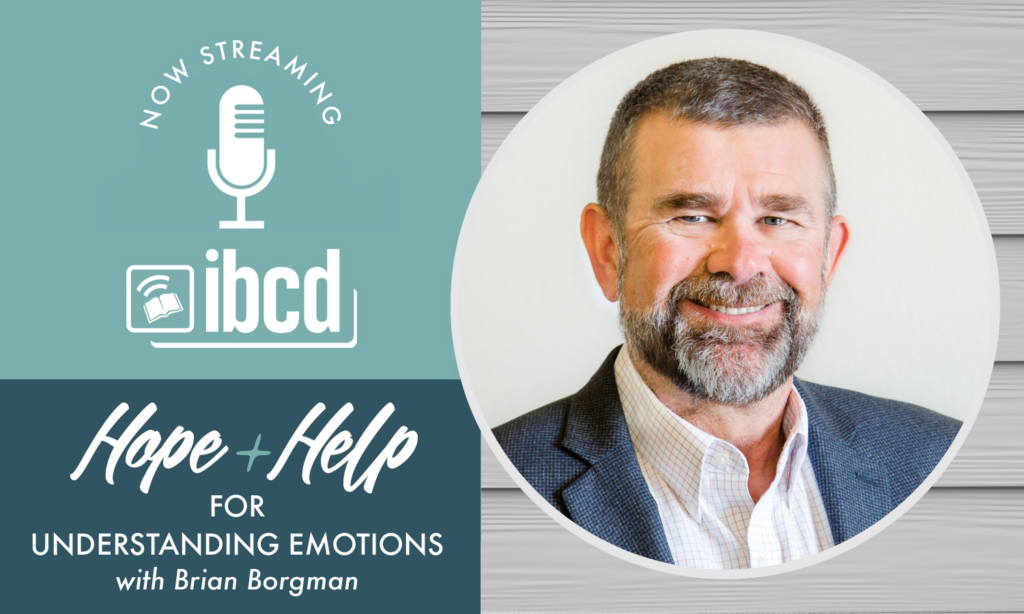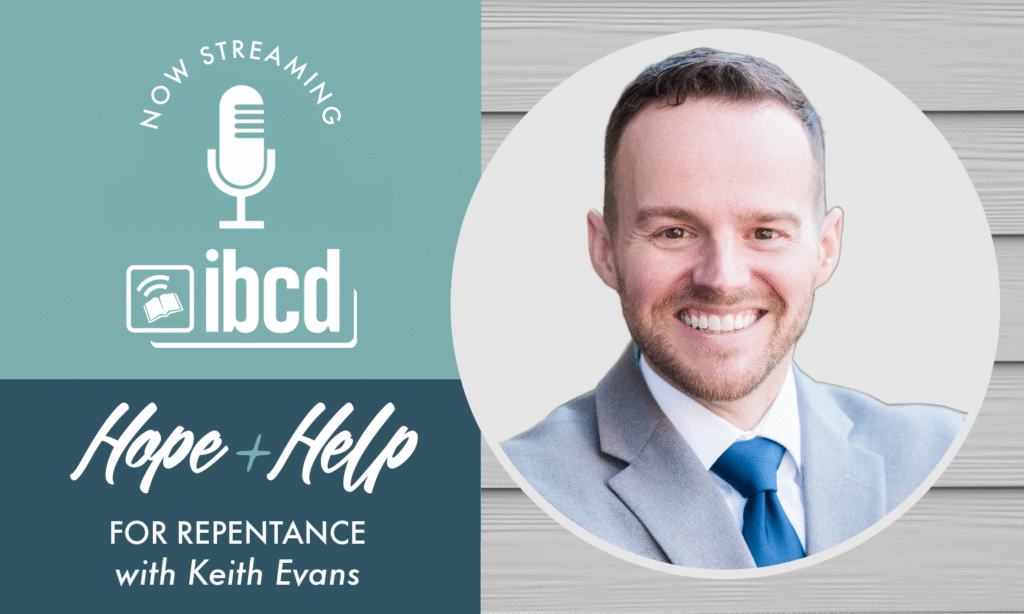There is something about mental health recovery that looms over us like a gray rain cloud. We walk into a crowded room believing the stares comb over our countenance like a rake; we hear the hum of people and assume they're estimating the cause of why we suffer the way we do. No, we do not limp with a set of crutches to support a wounded knee. Instead, our spirit limps with the shame of unseen wounds–perhaps the worse kind of of them all. Exposed in the waters, we sense the slow drip of our red blood leaking into the deep blue sea, guiding the ravenous sharks of judgement to circle around our drowning spirits.
We imagine they shout, "Unclean! Unclean! Unclean!" while we shrink into our reproach and dodge into the shadows.
It has been my experience that seasons of dark depression are often accompanied by a swelling sense of self-consciousness. The people who pass us by may know nothing of our struggle, and yet we feel as though their harmless smiles are mere veils for the opinions "they really have" about us. With this hypersensitivity, we become increasingly presumptuous about the looks we get and the words we receive. Even if people mean well, our distorted gray cloud context won't allow us to see their good motivations as genuine.
Is it any wonder the experience of mental health recovery can be such an isolating experience?
The gospels describe a woman who experienced twelve years of social and religious isolation due to her continual discharge of blood (Matthew 9:20-22). Because she couldn't remedy the problem medically (Mark 5:26, Luke 8:43), she was considered ceremoniously "unclean." This uncleanliness ostracized her from the entire community (Leviticus 15:25-27). No companionship, no worship. Only shame and rejection. There's no doubt of the degrading stigma she lived with on a daily basis. No one could touch her without themselves becoming unclean for a time. Her bed. Her blankets. Her clothes. Anything she touched while she was bleeding: unclean.
We imagine they shout, "Unclean! Unclean! Unclean!" while we shrink into our reproach and dodge into the shadows.
It has been my experience that seasons of dark depression are often accompanied by a swelling sense of self-consciousness. The people who pass us by may know nothing of our struggle, and yet we feel as though their harmless smiles are mere veils for the opinions "they really have" about us. With this hypersensitivity, we become increasingly presumptuous about the looks we get and the words we receive. Even if people mean well, our distorted gray cloud context won't allow us to see their good motivations as genuine.
Is it any wonder the experience of mental health recovery can be such an isolating experience?
The gospels describe a woman who experienced twelve years of social and religious isolation due to her continual discharge of blood (Matthew 9:20-22). Because she couldn't remedy the problem medically (Mark 5:26, Luke 8:43), she was considered ceremoniously "unclean." This uncleanliness ostracized her from the entire community (Leviticus 15:25-27). No companionship, no worship. Only shame and rejection. There's no doubt of the degrading stigma she lived with on a daily basis. No one could touch her without themselves becoming unclean for a time. Her bed. Her blankets. Her clothes. Anything she touched while she was bleeding: unclean.










